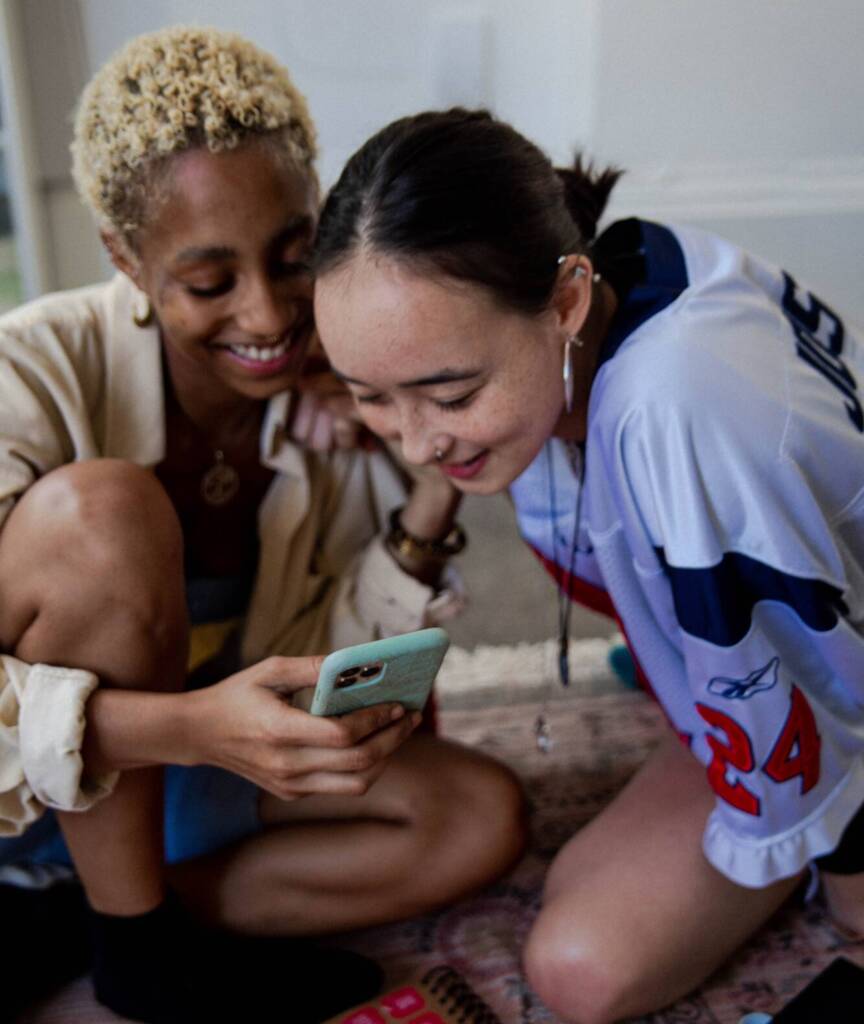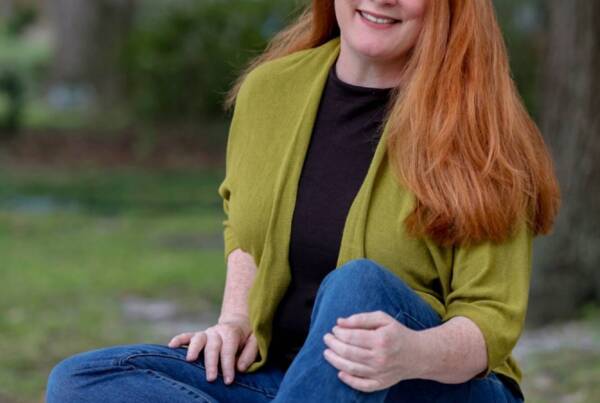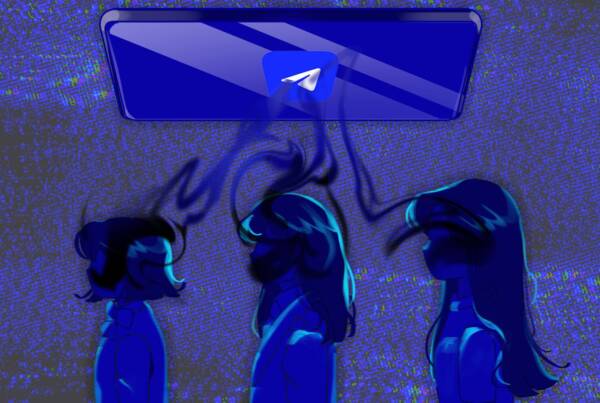 TikTok has become massively popular over the past few years, especially thanks to the pandemic and its subsequent lockdowns. With this rocket-speed ascension into the mainstream social media space, came an unpredicted power and influence over cultural trends.
TikTok has become massively popular over the past few years, especially thanks to the pandemic and its subsequent lockdowns. With this rocket-speed ascension into the mainstream social media space, came an unpredicted power and influence over cultural trends.
Videos that go viral on TikTok heavily influence what’s hot and what’s not. Growing trends that circulate on the app affect the music industry, fashion trends, what food people are eating and what entertainment they’re consuming.
But why is TikTok influencing mainstream society so heavily, while other social media apps don’t have the same impact?
I spoke to Harley Stafford, Head of Social at Milkman Agency, about why TikTok is so heavily influential.
“Trends on TikTok created a sense of solidarity and community in a digital space, something that became super important in a locked-down world where we couldn’t interact face to face,” Harley explains.
The nature of TikTok’s algorithms encourage content creators to post videos regularly to increase their chances of going viral on the app, often to audios or following video styles that are trending. Harley points out that because TikTok encourages users to constantly test new ideas and content forms, new trends are birthed at rapid speeds.
“TikTok is a platform where anyone can become a style influencer or trendsetter, and there is a vast ecosystem of different styles and aesthetics that are flourishing and perceived as ‘trendy’, rather than the masses trying to adhere to one style,” Harley says. “More people can broadcast their style and unique self to the world.”
But why is TikTok more heavily influential than other social media platforms, like Instagram, when it’s only just joined the circle?
With the generational shift came a change in social media preferences, how media is consumed and who audiences are influenced by. For a long time, Instagram held the title of being the most influential social media platform when it came to marketing. Instagram is all about maintaining the perfect image and appearing as though you live an idealistic lifestyle.
“It also had a lot of negative impact on society.” Harley says. “On Instagram, most users put forward an ideal, edited version of themselves, and perpetuated unrealistic beauty standards.”
TikTok shattered that social media norm, bringing the notion of authentic content into the spotlight.
“The younger generations, being more culturally and socially aware, were quick to favour this style of content and the platform,” Harley explains.
With TikTok’s values of authentic content, regular posting and the perpetual trend cycle comes the desire to follow along with what’s happening in mainstream culture. And although things trend for a reason, sometimes people can feel embarrassed when following trends. I know I certainly used to.
I’m very much my own person, but sometimes come across a fashion trend that I am mesmerised by and want to partake in. When I first downloaded TikTok, however, I was beyond embarrassed to follow what was circulating on the app. Being asked “is that from TikTok?” was my worst nightmare, I didn’t want to be caught dead being a ‘TikTok trend follower’.
I was also scared of being made fun of for following these viral trends. Hearing “TikTok is your only personality trait” or “everything you do is from TikTok” was something I wanted to avoid at all costs. So, I watched trends from the side lines. I wanted to be an individual being, but also secretly wanted to participate in some of the fun TikTok trends.
Looking back, I needed to get over myself. So that’s what I did. Following trends that appeal to you does not take away from your unique, individual self. Just because the mainstream population is interested in the same things you are, does not mean it, or you, are less special. If anything, it gives you the opportunity to have conversations with people about interests you both can relate to.
Following trends can actually be a really good thing (if they’re not dangerous or harmful). TikTok trends have helped me find fun, easy recipes that are virally delicious for a reason. Baked feta pasta? Emily Mariko’s salmon rice bowl? Sign me up!
‘Skin Tok’ has helped me find products that have changed the skincare game for me. With acne-prone skin, I thought I had tried everything out there to try and contain my acne, to no avail. TikTok introduced me to products I hadn’t even thought of using, and brands I’d never heard of, including The Ordinary. Although not every viral product works, since everybody’s skin is completely different. Slugging definitely did not mix well with my oily skin, and I plan on staying far away from slathering my face with Vaseline.
TikTok has also helped me establish my unique sense of style, through picking and choosing which viral trends mesh well with my personality. Sure, I’ve had to go through a few rough patches and poor decisions to get there (let’s not talk about the Bridgerton corset), but now I have never been more sure of my fashion choices and wardrobe.
While there are certainly some questionable trends circulating on TikTok, many of them are useful, fun and rewarding to partake in. Not all trends are bad, and it’s about time we stop perceiving them that way.






